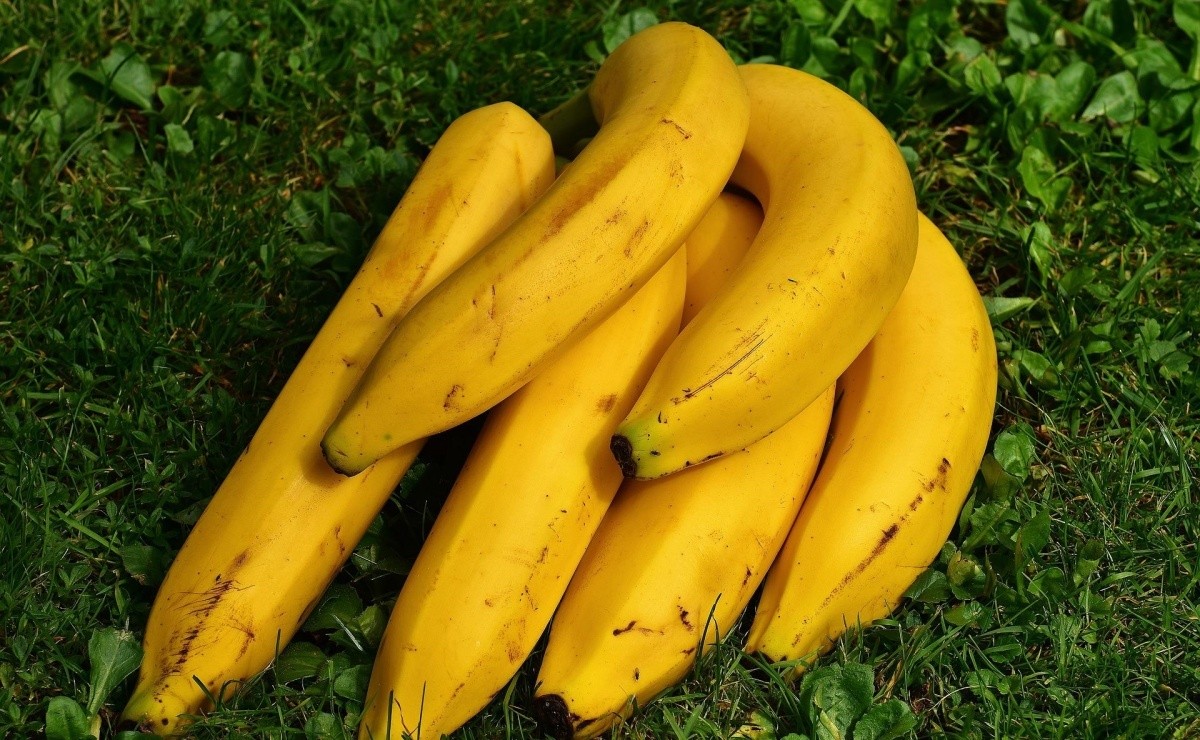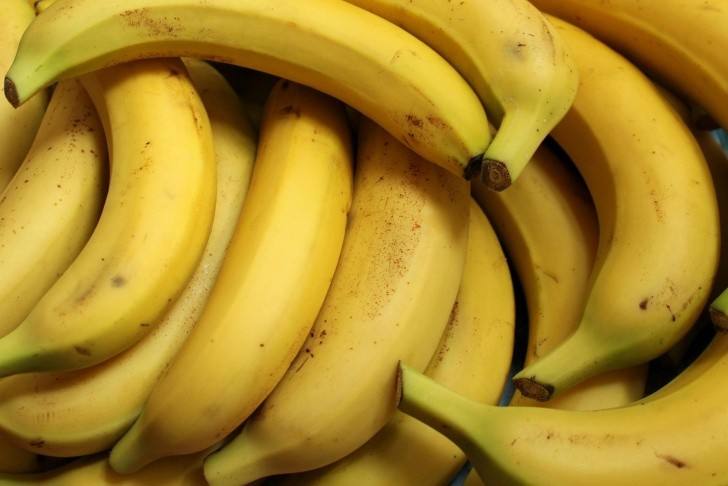
The banana is one of the most consumed and well-known fruits, mainly due to its high potassium content. But, beyond this mineral, what other benefits can bananas bring to health?
Watermelons, nectarines, melons, plums… Summer is the time when the greatest variety of fruits can be found in the market to get out of the food routine. Even so, there are fruits that are available all year round due to their timelessness, such as apples, oranges or bananas.
The latter, the banana , thanks to its annual stay in greengrocers, becomes a perfect source of nutrients to add to the diet, the Canary Islands being the most famous.
What does the banana provide?
Although it is mainly known for its high potassium component, the truth is that it is also a rich source of two other minerals, magnesium and phosphorus, as indicated by Ana Molina Jiménez, graduate in Pharmacy and dietitian and nutritionist at AM Nutrición Integral.

In addition to these minerals, the nutritionist also highlights the presence of folic acid, vitamin C and vitamin B6 in the banana and, depending on the degree of maturation, some levels of fiber and sugar or others.
Regarding whether there is any limit or specific quantity for the consumption of bananas, the specialist appeals to common sense and the seasonality of fruits. For her, the ideal is "to vary the fruit to get different nutrients," she says.
The benefits in…
The sport
It is common to see athletes eat bananas before, during or after training or competition. This is due to its high content of potassium, magnesium and phosphorus. The combination of the three promotes muscle recovery and nerve impulses. Specifically, potassium benefits blood pressure and muscle activity.
"It also has a small amount of sodium," explains Molina, that together with its content of sugars, potassium and magnesium, makes it ideal for muscle recovery, which "will be infinitely better, healthier and less fattening than any commercial beverage of isotonic type” that is usually used.
intestinal transit
The fiber that bananas contain is known as fructo-oligosaccharides and they help intestinal transit. According to Ana Molina, the less ripe the fruit is, the higher the fiber content, which is why it is recommended for "cases of diarrhea, since it helps to cut it," she says.
On the other hand, fructo-oligosaccharides not only influence transit, but once they are fermented by the intestinal flora, "they generate substances that also benefit the immune system," he explains.
for the entire population
Although it is a fruit recommended for the entire population, Ana Molina recommends it, above all, to those groups of people who are growing or who require stronger nutrition. For children, the banana is a great source of energy, as well as for the elderly, to whom the nutritionist suggests its consumption.
Due to its benefits for the immune system, Molina recommends it to people who have suffered from an illness that has left them weakened or to those who suffer from cases of permanent stress that weaken their immune system.
The only restriction that the nutritionist points out is on those who suffer from kidney failure. These people need a diet low in potassium, so banana consumption should be regulated depending on the other sources of this mineral integrated into the affected person’s diet.
Myth or Reality?
The banana has always been involved in some myths that balance between hoax and truth. One of the most entrenched is that bananas make you fat and, according to Ana Molina, this is totally false.
The ripe banana has more sugar than the green one, but it does not make you fat. It is even usually included in diets for diabetics or people losing weight, since "it generates a feeling of satiety", explains the specialist, who emphasizes that what makes you fat are excesses, such as "beers or extra bread", fats processed or sedentary lifestyle, not fruit.
It is also often said that banana prevents cancer. The first thing that Ana Molina insists on is that "no food cures or prevents cancer, it is the diet as a whole that helps prevent it."
The dietitian acknowledges that the substances that the banana fructo-oligosaccharides generate when fermented by the intestinal flora, butyric acid and propionic acid, have been studied and may be beneficial for prevention, but at no time can it be called https ://essayswriting.org/ the banana as an “anti-cancer” food.